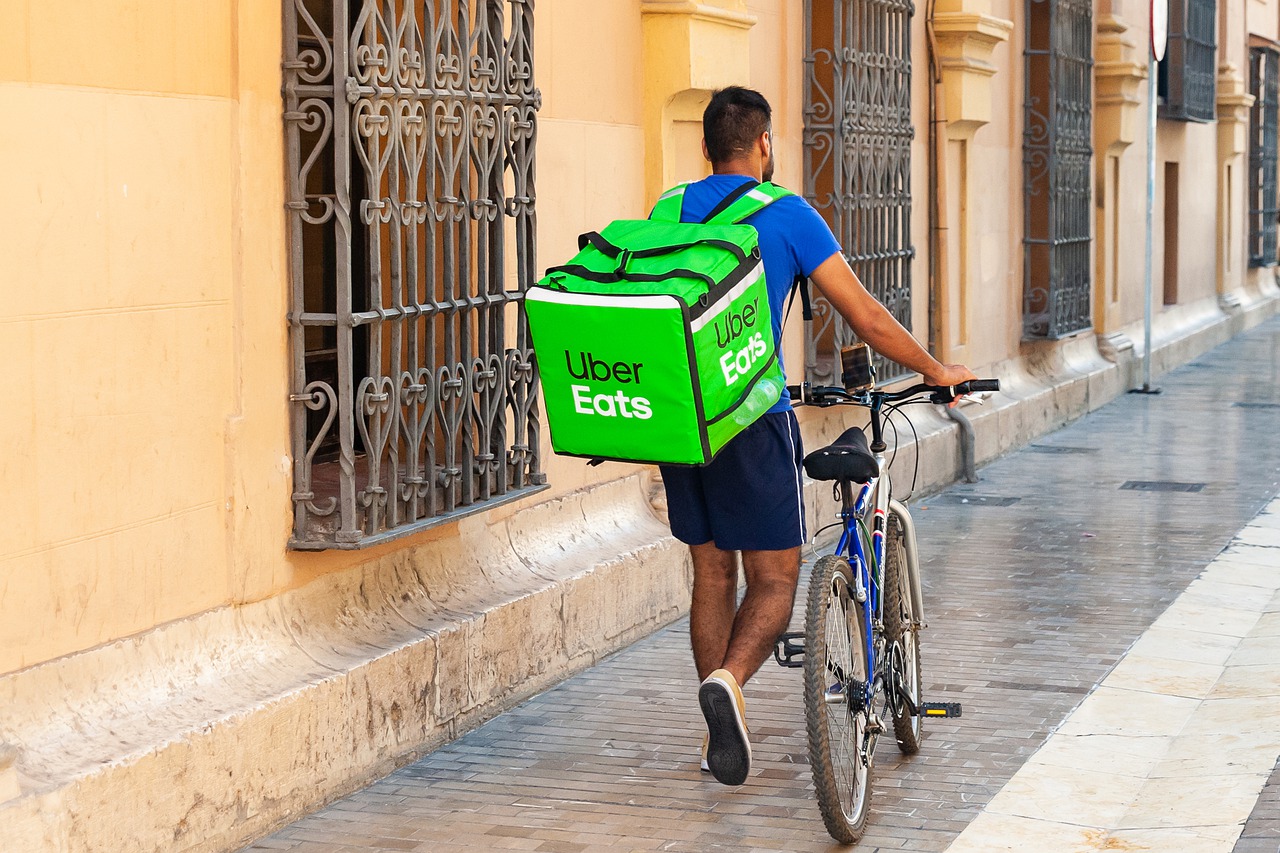
The California Attorney General is expected to go after food and grocery delivery services next with the AB-5 law after it targeted ride hailing firms Uber and Lyft.
The Attorney General is using the California AB-5 law to force the ride hailing companies to reclassify their drivers as employees and is expected to do the same with the fast-growing on-demand grocery and food delivery services.
Drivers as employees
In August, San Francisco Superior Court judge Ethan Schulman ruled that Uber and Lyft should reclassify their California drivers from their current status of independent contractors to employees.
The court ruling stated: “Now, when Defendant’s ridership is at an all-time low, may be the best time (or the least worst time) for Defendants to change their business practices to conform to California law without causing widespread adverse effects on their drivers.”
The court order comes following a filing made by California Attorney General Xavier Becerra and a coalition of city attorneys in late June for a preliminary injunction to force the companies to comply with the AB-5 law of the state.
The law, which took effect on January 1, states that companies must prove workers are free from company control and perform work outside the usual course of the company’s business in order to classify workers as independent contractors rather than employees.
The injunction was part of a lawsuit filed in May, which accuses Uber and Lyft of depriving workers of protections, including a minimum wage, overtime, paid sick leave, and unemployment insurance, that would have been given to them as employees.
Uber and Lyft threatened to halt their ride-hailing services in California in response to the court order before being granted a temporary reprieve. If the suspension pushed through, Uber said it will still continue operating its food delivery service, Eats.
However, Eats similarly treats workers as independent contractors and would still fall under the same California law.
Food and grocery delivery services also in the crosshairs
William B. Gould IV, a law professor at Stanford University and a former chairman of the National Labor Relations Board, said that it "certainly makes a lot of sense for the AG to put a lot of their marbles in the Uber basket."
"You're dealing with a company that has thumbed its nose at the rule of law for some time now and thinks there's no restriction that they can't evade," he added.
Prior to the AB-5 law, several legal battles have started due to the alleged misclassification of workers of on-demand food and grocery delivery companies. A lawsuit was filed against Instacart by San Diego City Attorney Mara Elliott over worker classification.
Last June, San Francisco District Attorney Chesa Boudin sued DoorDash for the same reason.
Jenny Montoya Tansey, policy director at the Public Rights Project, said "food delivery hasn't escaped the notice of AB-5 enforcers."
Assemblywoman Gonzalez of San Diego pointed out: "Food delivery is in demand now more than ever. Multi-billion dollar corporations that deliver food are profiting off this crisis while they exploit their drivers and deny them a living wage, unemployment insurance, sick leave and other basic workplace protections."
"I hope other officials follow their lead. These companies need to be held to the same standards as any other law-abiding business in the state," Gonzalez added.






